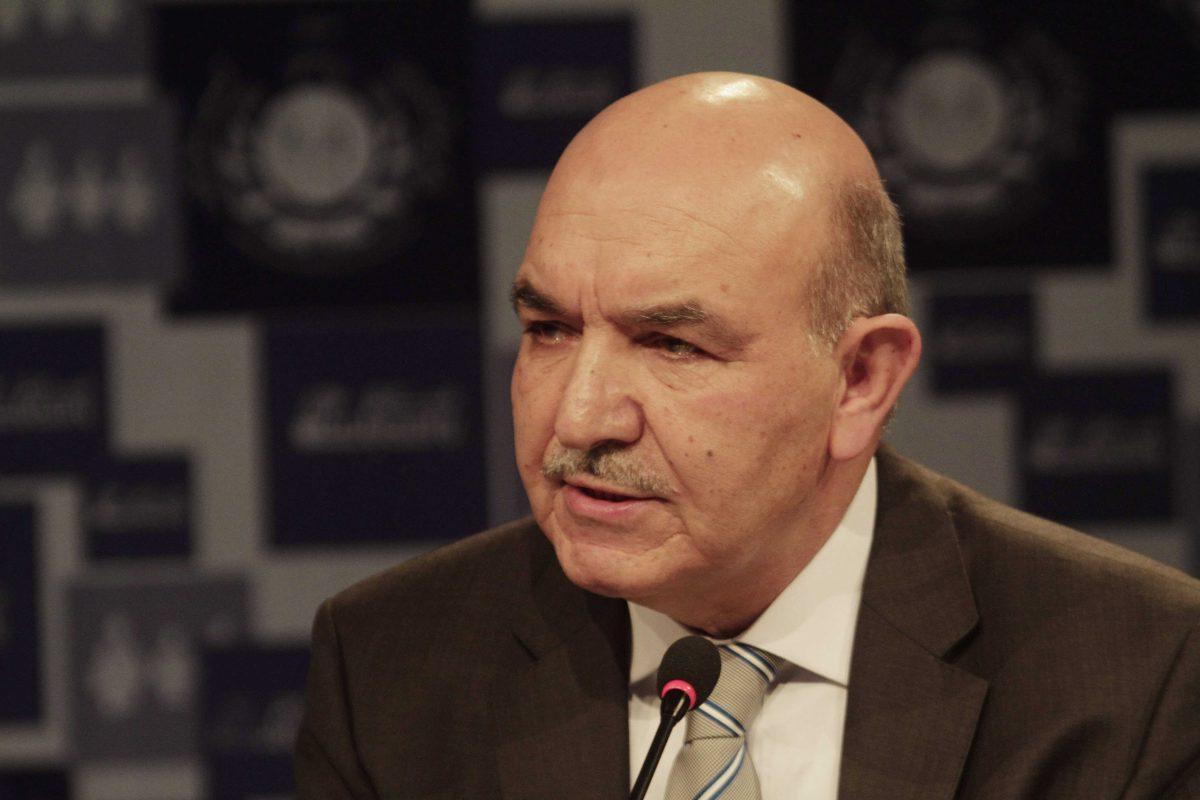In terms of international news, Ukraine and Venezuela hold the world’s attention. Anti-government protesters are taking to the streets, doing their best to topple the regimes in both countries. Score one for Western civilization.
Thousands of miles away, President Hamid Karzai is working to undermine the hard-won gains of NATO and coalition forces in Afghanistan, while the globe is entranced by these new conflicts.
On Feb. 13, the Afghan government followed through on orders from Karzai to release 65 detainees from the Parwan Detention Facility at Bagram Air Base, some suspected of being directly involved with attacks that resulted in the deaths of 32 U.S. or coalition soldiers plus 23 Afghan security troops and civilians.
All prisoners were released without their cases reviewed, despite protest from the U.S. military. Seventeen are directly linked to the manufacture and emplacement of roadside bombs, which have been responsible for scores of U.S. casualties throughout the war. The U.S. Embassy in Kabul released a statement saying “The Afghan government bears responsibility for the results of its decision.”
What was once a security partner for the NATO mission is now indirectly assisting insurgent and Taliban fighters, sending the message that if you are captured by coalition forces, just sit tight, and you’ll be out killing infidels in no time. Karzai’s decision to release these jihadists will damage U.S.-Afghan relations for years to come.
However, as painful as it is, his actions are not at all surprising. With the drawdown of U.S. and NATO forces set to be complete by the end of this year, Karzai is looking to soften relations with the now-ousted Taliban, which will undoubtedly try becoming a major player again once Western troops finally leave.
Self-preservation can lead people to do interesting things. Much like Marshal Philippe Pétain in the French State, Karzai may very well be preparing to collaborate with the Taliban extremists upon their return, something the Obama administration inadvertently facilitated.
In 2013, the U.S. and Afghan governments coordinated with Qatar to allow the Taliban to open a political office in that state. Though it was closed little more than a month later, this act gave legitimacy to a group we have been fighting for more than a decade, putting Karzai on the out and in a serious bind, considering he is trying to run the successor government to the Taliban.
The idiocy of this move was astounding. In war, when the enemy is willing to kill themselves just to maim your troops, you don’t sit down and discuss peace with them; you confront them wherever you find them and with whatever means the situation calls for.
This is doubly true with the Taliban, which allowed Al-Qaeda to maintain training camps in Afghanistan prior to the U.S. bombardments and subsequent invasion post 9/11 in 2001. They are fighting a total war against us and our allies, biding their time while we struggle to get a simple bilateral security agreement signed.
Questionable rules of engagement and political faux pas aside, Karzai is turning his back on years of cooperation, essentially shrugging his shoulders at the sacrifices of thousands of U.S. and NATO soldiers. He should be helping us get information out of captured insurgents, not releasing them back into the field where they can do more damage. Unless he really does want the Taliban back, it is imperative that he signs the Bilateral Security Agreement with the United States.
It would serve his and Afghanistan’s best interests. I’d bet good money the Taliban will not look too kindly on collaborators with the U.S. upon their return — Karzai included.
Ryan McGehee is a 21-year-old political science, history, and international studies major from Zachary, La.
Opinion: Karzai turning his back on the US
February 20, 2014
Afghanistan presidential election candidate Qayyum Karzai, incumbent President Hamid Karzai’s brother, talks during an election debate at the OneTV building in Kabul, Afghanistan, Saturday, Feb. 8, 2014. (AP Photo/Rahmat Gul)





